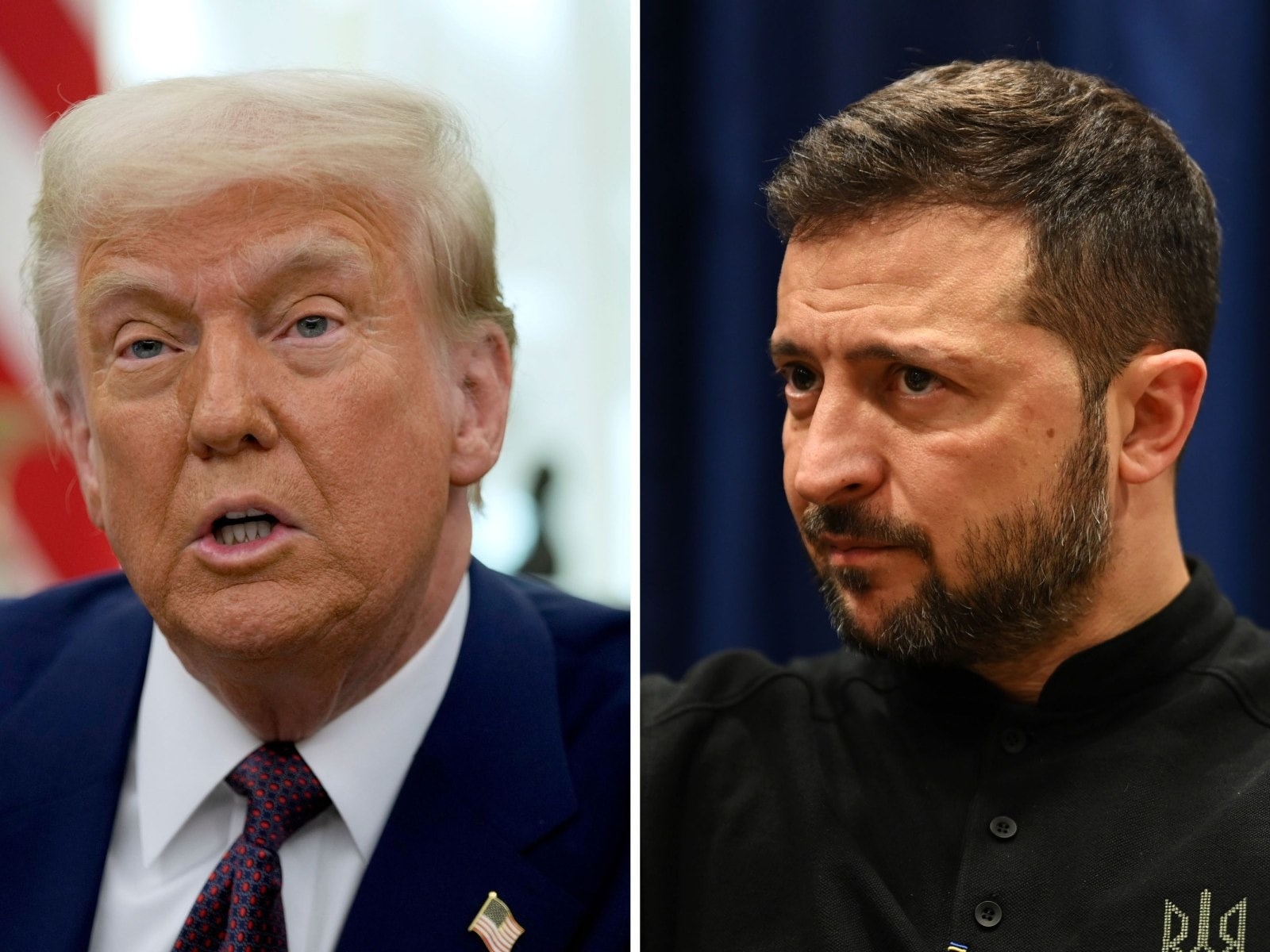Trump's attitude toward Ukraine creates rift within the Republican Party
President Donald Trump's harsh criticism of Ukrainian President Volodymyr Zelensky has drawn opposition from some of his fellow Republicans.

President Donald Trump's increasingly harsh criticism of Ukrainian President Volodymyr Zelenskyy has drawn opposition from some Republicans, creating a rift within the party.
Just days after taking office, Mr. Trump welcomed Ukraine's readiness to "reach a deal" to end the three-year war, since Russian President Vladimir Putin launched a special operation on its territory.
But Mr Trump’s attitude toward Ukraine has cooled recently. Over the past week, he has repeatedly referred to Mr Zelensky as a minor political rival, analyzed his poll ratings and described Ukraine as an obstacle to the peace process.
The increasingly strident message may reflect Mr. Trump’s frustration with Ukraine’s failure to accept U.S. offers to mine its rare earth minerals to compensate for the billions of dollars in aid Washington has provided over the years.
Trump’s National Security Adviser Michael Waltz hinted at the president’s frustration during a speech at the Conservative Political Action Conference (CPAC) on Friday, saying that Trump “proposed a deal and even sent Treasury Secretary Scott Bessent to Kyiv to discuss it, only to be criticized in the media.”
Still, Waltz is optimistic about the end result. “Ukraine will give up the minerals, the war will end, and then we will see a Nobel Peace Prize named after Donald J. Trump,” he said.
On Wednesday, Trump tweeted that Zelensky was “a dictator who doesn’t hold elections” and mocked him as “a modestly successful comedian.” In a conversation with reporters, he even accused Ukraine’s leaders of starting the war.
Not stopping there, on Friday, the head of the White House continued to attack on Fox News that Mr. Zelensky “has no cards left to play” as the war drags on. “You will get fed up, and I have had enough,” he said.
No one can deny Trump's absolute power in the Republican Party, as he has continuously won the party's presidential nomination since 2016. However, by attacking Zelensky instead of Putin, he has opened a new conflict between his MAGA movement and traditional Republicans, who are deeply influenced by the leadership of Ronald Reagan and still see Russia as a major threat.


